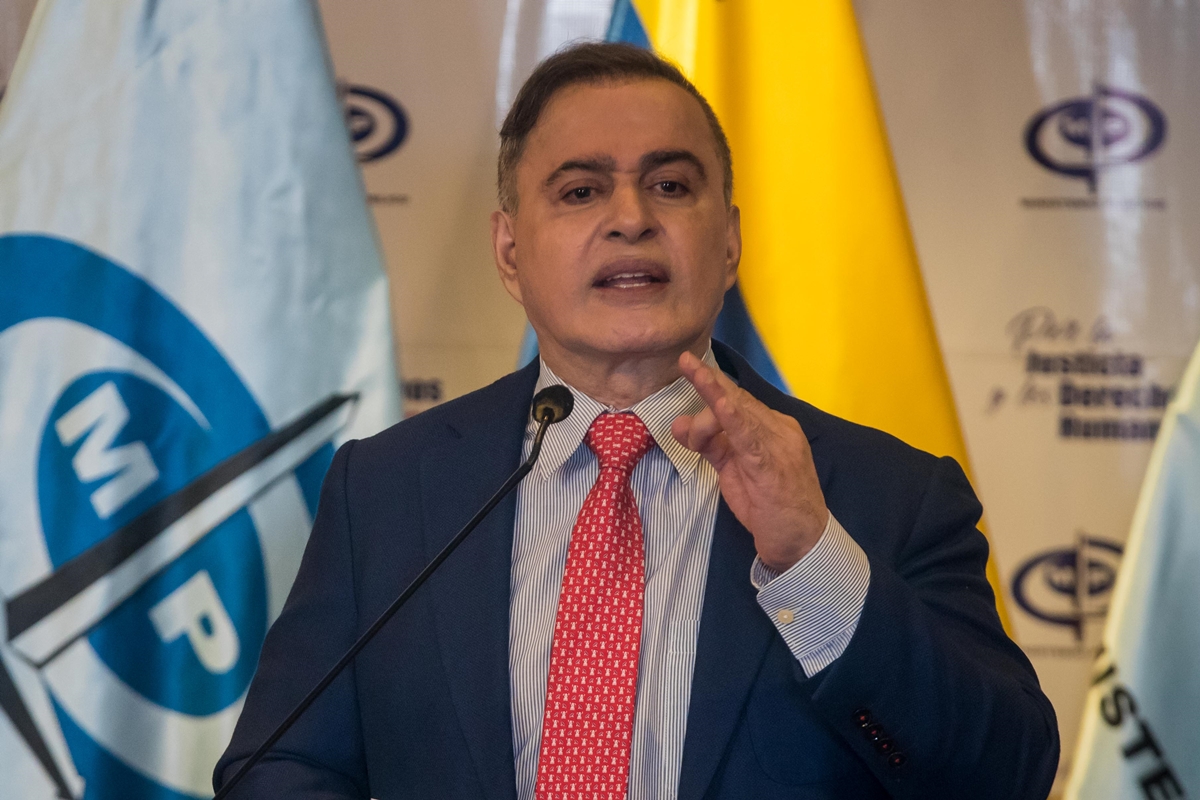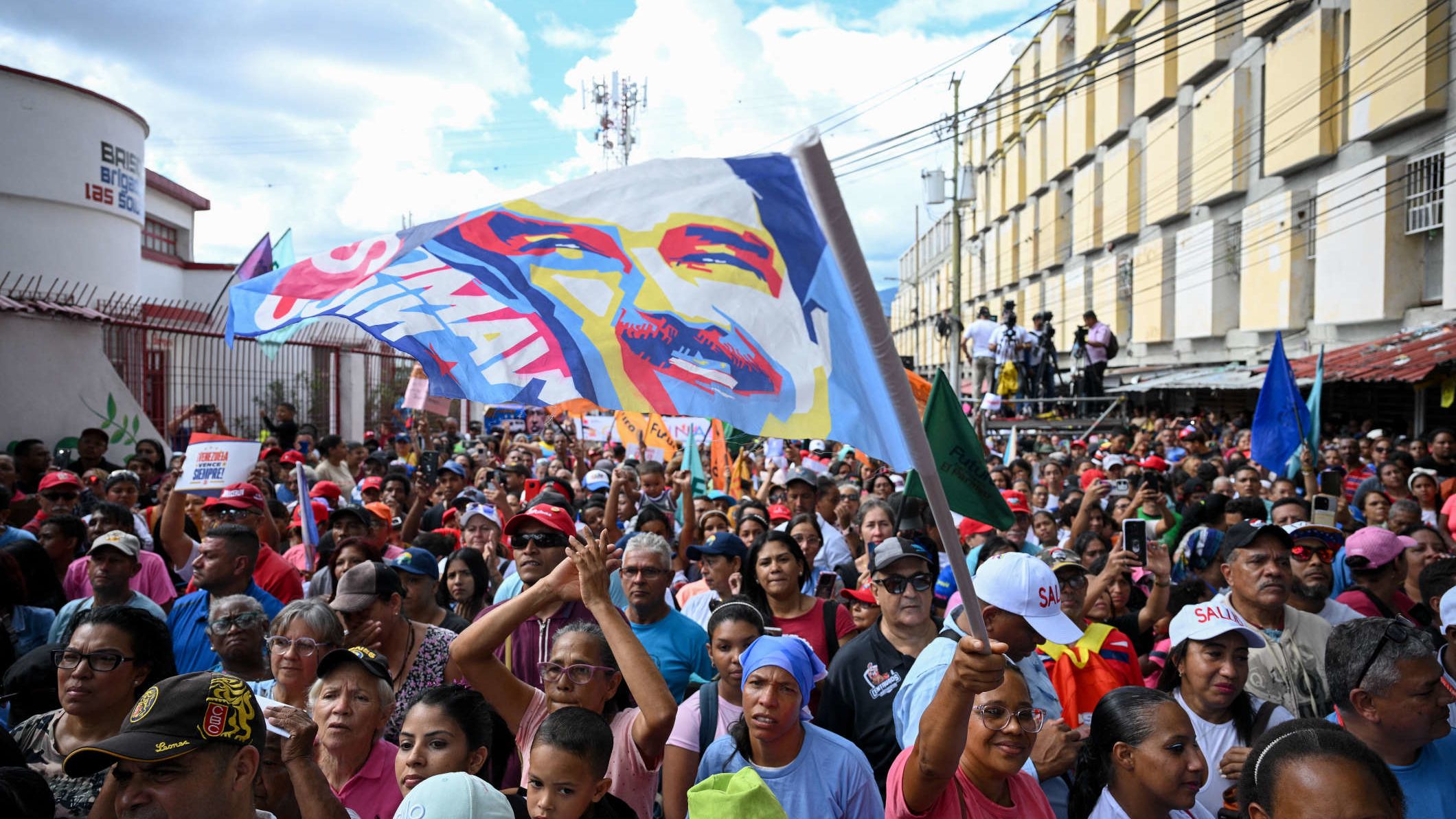A more accurate and reliable measurement has confirmed the trend indicated by preliminary data in recent months. According to the latest annual balance sheet carried out by the Brazilian Space Research Institute (INPE), deforestation in the Amazon decreased by 22.3% between August 2022 and July 2023. That means the world’s largest tropical forest, an ecosystem key to mitigating global warming, lost 9,001 square kilometers during that period, an area roughly the size of Cyprus. The data is good news for President Luiz Inacio Lula da Silva, who has made protecting the Amazon and the environment among his priorities since returning to power. During Jair Bolsonaro’s mandate, illegal logging increased rapidly and only in his last year did the trend begin to reverse. He was considered a planetary environmental villain.
Annual deforestation data in the Amazon is a year-end test for Brazilian rulers facing the outside world. They all know that for more than two decades, the world has measured their country’s environmental performance by a percentage increase or decrease. During the election campaign, Lula promised to achieve zero deforestation by 2030.
Presenting the results, Environment and Climate Change Minister Marina Silva announced: “This result is the result of the work of all of us. This is a job we already had How do you know [conocimientos técnicos] From our previous administration. Now we have renewed it and we are seeing these results,” explained the veteran politician with Lula, who already held the same position two decades ago. That was the period when the destruction of the Amazon forest fell so suddenly. During his five years as minister during that first phase, illegal logging was halved to 12,900 square kilometres.
The ravages of climate change are also noticeable in the Amazon. The Amazon River, the world’s longest and largest, has suffered a historic drought exacerbated by El Niño, while Manas and other cities in the region have been engulfed in smoke from illegal fires for weeks.
Lula plans to travel to COP28, which begins at the end of the month in Dubai. No doubt the Brazilian president will use this 22.3% drop in deforestation in the Amazon as a negotiating trumpet at the UN climate summit. It is expected to be used in Mercosur’s complex negotiations with the EU to try to seal once and for all a trade deal stalled by environmental demands. Uruguay has issued an ultimatum to close it by the end of the year. Both Lula and Spanish President Pedro Sánchez have pledged to strengthen efforts toward that date, now that Brazil heads Mercosur and Spain, the European Union.
The Space Research Institute prepares this annual deforestation balance based on measurements by satellite through a system called Protes, which is more accurate in calculating the area of missing trees than the Dider system, which provides weekly data, but also based on alerts used by groups of environmental agents to mobilize researchers.
President Lula and Marina Silva put aside their differences and joined together in the election campaign with the shared goal of defeating Bolsonaro in the elections. A former rubber collector’s demand to support the leader of the Brazilian left is that environmental protection policy must be at the crossroads. It required political will and means. Minister Silva congratulated himself on doubling the number of environmental inspectors under this government.
Bolsonaro came to power in 2018 by rejecting environmental policies and a climate emergency that emboldened all kinds of criminals who illegally exploit the Amazon. For the ex-soldier, the most effective way to combat suffering in the region, Brazil’s poorest, is to exploit the wealth of tropical forests.
You can follow the climate and environment Facebook And XOr register here to receive Our weekly newsletter

/cloudfront-eu-central-1.images.arcpublishing.com/prisa/QKS35AASEYINIOMCU3TYCYSFU4.jpg)

:quality(85)/cloudfront-us-east-1.images.arcpublishing.com/infobae/DYRQWUXU2VHMHNIVOD22JCU2KU.jpg)
:quality(85)/cloudfront-us-east-1.images.arcpublishing.com/infobae/HVMMKV4KMVDNVJD5W5F7GK4AHY.jpg)
